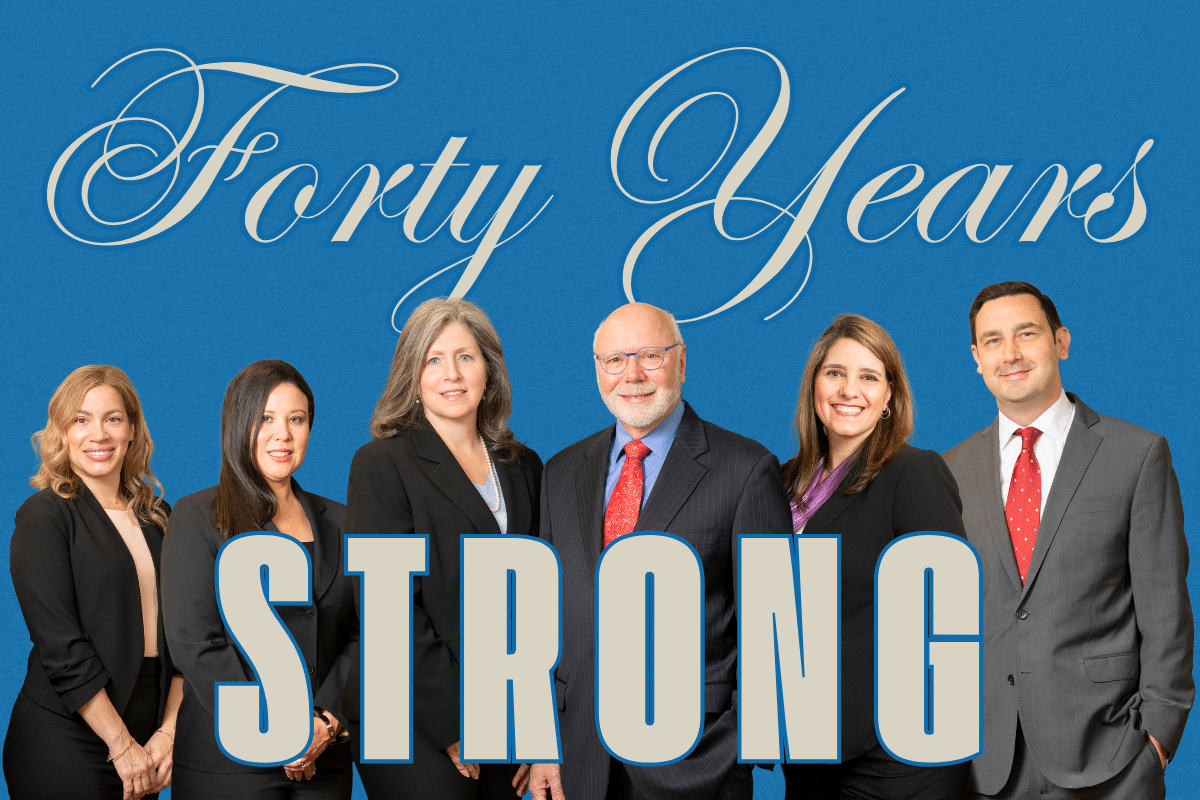Get the latest social security updates for 2026, including amounts for individuals and couples, and key earnings thresholds.

This is because older LGBT individuals worry about being the subject of discrimination or inadequate care should they need to enter a nursing home or elder care community. As a result, many do not plan or feel paralyzed when planning.
What Is Long-Term Care Planning?
Long-term care planning means putting together a course of action should you need assistance with your activities of daily living in the future, whether due to age, illness, or other reasons. For some people, this involves entering a nursing home or assisted living facility. For others, it means receiving help with health and personal care needs from the comfort of their own home.
Many of the programs and services that help people remain in their homes and communities are provided through Medicare and Medicaid, but long-term care services can also be provided through private insurance.
Unique Long-Term Care Planning Challenges for the LGBT Community
LGBT seniors are often concerned about what will happen if they need care from others. They may be concerned about whether they can be open about their sexual orientation and/or gender and still receive the care they need. For many in the community, these concerns can lead them to feel forced to hide their identity, creating anxiety and alienation.
What can someone with these concerns do now to protect themselves later on? First, they can consider obtaining long-term care insurance, if available, to maximize their options. One of the benefits of long-term care insurance is the flexibility it can sometimes provide with respect to choice.
For example, if you are able to stay at home with the assistance of a health aide, your long-term care insurance may also cover things like assistance with housework, meal preparation, and pet care, which are non-medical services that programs like Medicare and Medicaid.
In addition, long-term care insurance may also cover a broader range of facilities that can give a person more options in choosing a place where they feel comfortable should they have to leave their home. Many long-term care insurances will pay for assisted living communities.
Another consideration for LGBT individuals is not having a support system to assist them as they age that fits in within the legal framework of a family. For example, many LGBT seniors do not have adult children, as adoption and fertility options were not as available in the past as they are today. LGBT individuals may also have a family that is not related to them by blood, marriage, or adoption.
Understanding this and being prepared by connecting with communities or organizations that assist LGBT persons is essential in engaging in long-term care planning. These organizations and resources are growing every year. Some currently existing organizations include:
- National Resource Center on LGBTQ+ Aging
- LGBTQ Caregiver Center
- American Civil Liberties Union (ACLU)
- GLBTQ Legal Advocates & Defenders (GLAD)
These organizations provide a wealth of information to help individuals understand issues they may face, their rights, and how to plan for their future. In addition, they can help you connect with an advocate to advise you, should the need arise. There is no better time than the present to build your support system.
Get Your Advance Health Care Directives in Order
Another critical consideration is getting your advance directives in order. Advance directives allow you to appoint an agent to act on your behalf. In New York:
- a health care proxy allows you to appoint an agent to make health care decisions for you if you are unable to make them for yourself and set forth information about your wishes regarding care;
- a HIPAA authorization allows one or more persons to gain access to your protected medical information;
- a living will (health care declaration) allows you to state your wishes regarding end-of-life care;
- a durable power of attorney allows you to appoint an agent to act on your behalf in financial and personal matters whether or not you are incapacitated;
- a burial designation allows you to appoint an agent to control the disposition of your remains after you pass;
You can implement advance directives now. For many LGBT individuals, this may help alleviate anxieties about potential mistreatment or issues with the management of their care in the future.
If you would like to speak with an experienced elder law attorney regarding your situation or have questions about something you have read, please do not hesitate to contact our office at 1 (800) 680-1717. We look forward to the opportunity to work with you.




Comments (0)